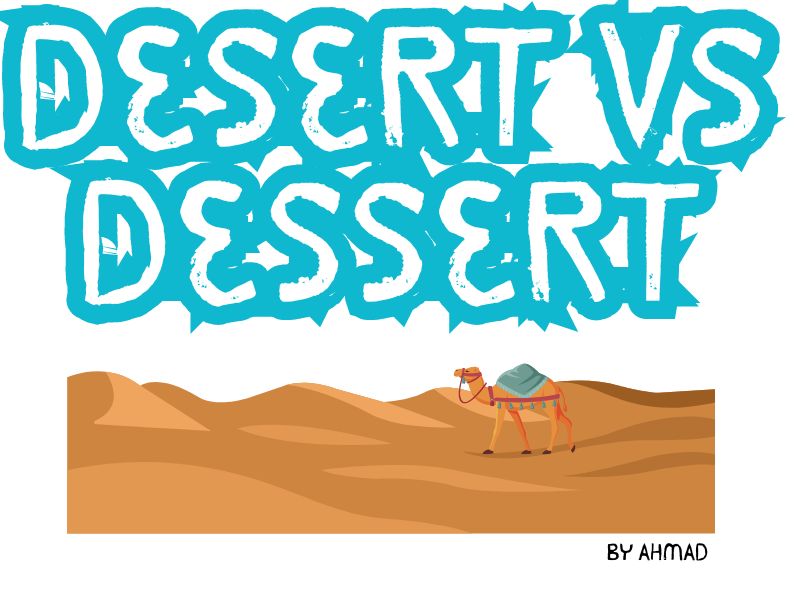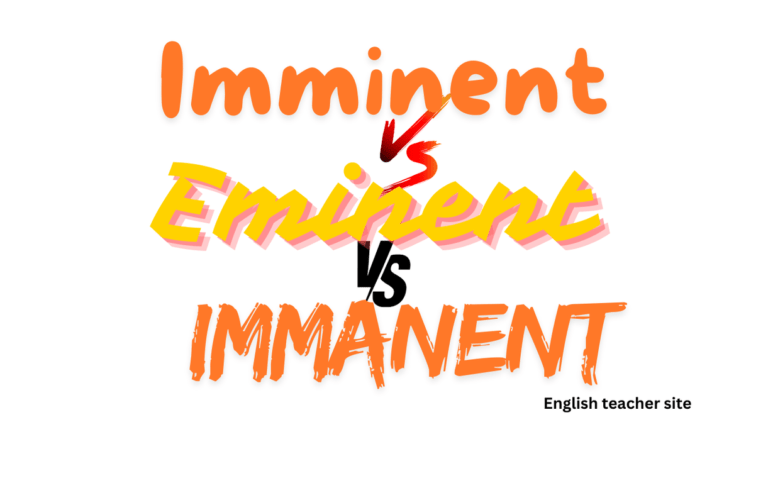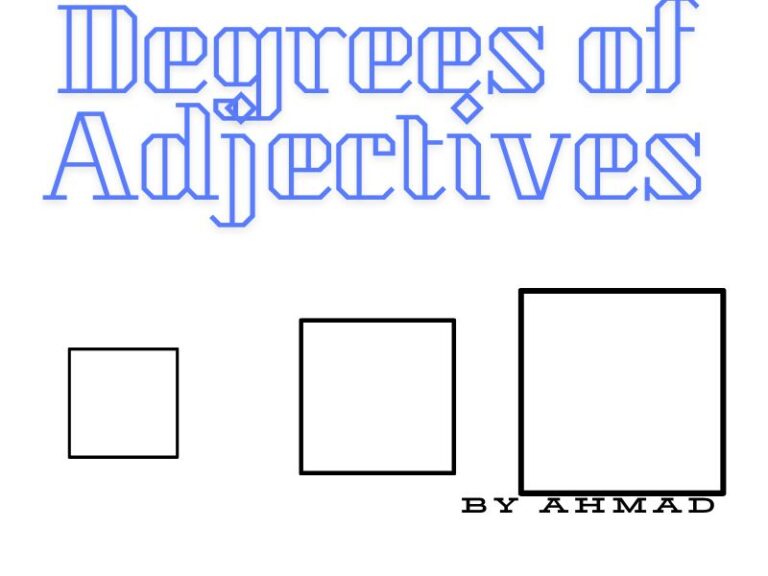Desert vs Dessert: Understanding the Difference

- Desert refers to a dry, barren land while dessert refers to a sweet dish.
- Desert is spelled with only one “s” while dessert is spelled with two “s’s”.
- Desert and dessert are pronounced differently with stress on different syllables.
Desert and dessert may sound similar, but they are two completely different words with different meanings. Desert refers to a dry, barren land with little to no vegetation. On the other hand, dessert refers to a sweet dish that is usually consumed after a meal. .
Another difference between desert and dessert is their pronunciation. Desert is pronounced with the stress on the first syllable, while dessert is pronounced with the stress on the second syllable. This difference in stress can also help distinguish between the two words in spoken communication.
Understanding Desert and Dessert
Definitions of Desert and Dessert
Desert is a noun and a verb with multiple meanings. As a noun, it refers to a barren and arid land with little to no vegetation. The Sahara is an example of a desert. As a verb, desert means to abandon or leave someone or something. For example, if someone deserts their post, they leave it without permission.
Dessert, on the other hand, is a sweet course served at the end of a meal. It can be a cake, pie, ice cream, or any other sweet treat. The word dessert comes from the Latin word “dessertus” and the Old French word “desservir,” which means “to clear the table.”
Pronunciation and Spelling
The pronunciation of desert and dessert is different, despite the fact that they are only one letter apart. Desert is pronounced with the stress on the first syllable and a long “e” sound, while dessert is pronounced with the stress on the second syllable and a short “e” sound.
The spelling of desert and dessert can be confusing. To remember which word has two “s’s,” think of dessert as something you would want seconds of. Desert, with only one “s,” is the arid land you would not want to be stranded in.
Cultural and Geographic Significance
Deserts are found all around the world, from the Sahara in Africa to the Mojave in North America. However, some deserts, like the Sonoran Desert in North America, have a diverse range of plant and animal life.
Desserts, on the other hand, are enjoyed by people all over the world. Different cultures have their own unique desserts, from baklava in the Middle East to tiramisu in Italy. Desserts are often associated with celebrations and special occasions, such as birthdays and weddings.
Role in a Meal
Dessert is an important part of many meals. It is typically served after the main course, and it provides a sweet and satisfying end to a meal. Dessert can also be used to clear the table and signal the end of a meal. In some cultures, dessert is served with tea or coffee, and it is considered a social occasion.
Varieties and Examples
Dessert can take many different forms, and there are countless varieties and examples to choose from. Some popular desserts include:
- Cakes: Cakes are a classic dessert that can be made in many different flavors and styles. Some popular types of cake include chocolate cake, carrot cake, and red velvet cake.
- Pies: Pies are another classic dessert that can be made in many different flavors. Some popular types of pie include apple pie, pumpkin pie, and pecan pie.
- Ice cream: Ice cream is a frozen dessert that comes in many different flavors. It can be served on its own or as a topping for other desserts.
- Pudding: Pudding is a sweet dish that is typically made with milk and sugar. It can be flavored with vanilla, chocolate, or other ingredients.
- Cookies: Cookies are a simple and satisfying dessert that can be made in many different flavors and styles. Some popular types of cookies include chocolate chip cookies, oatmeal cookies, and sugar cookies.
- Fruit: Fruit is a healthy and refreshing dessert option that can be served on its own or as a topping for other desserts.
Cultural Expressions and Misinterpretations
Dessert is an important part of many different cultures, and it is often used to express cultural traditions and values.
For example, the phrase “just deserts” is often used to mean “appropriate punishment,” but it is actually spelled “just desserts.” The confusion comes from the fact that the word “desert” can also mean “to abandon,” so the phrase “just deserts” could be interpreted as “just abandonment.” This is just one example of how language can be tricky and confusing, even when it comes to something as sweet and simple as dessert.
Source:
My name is Khamis Maiouf. I am the creator of the English Teacher Site, dedicated to providing valuable resources and insights for students around the world. With a passion for education and a commitment to helping students enhance their skills, I aim to make English teaching more effective and enjoyable for both educators and students.






